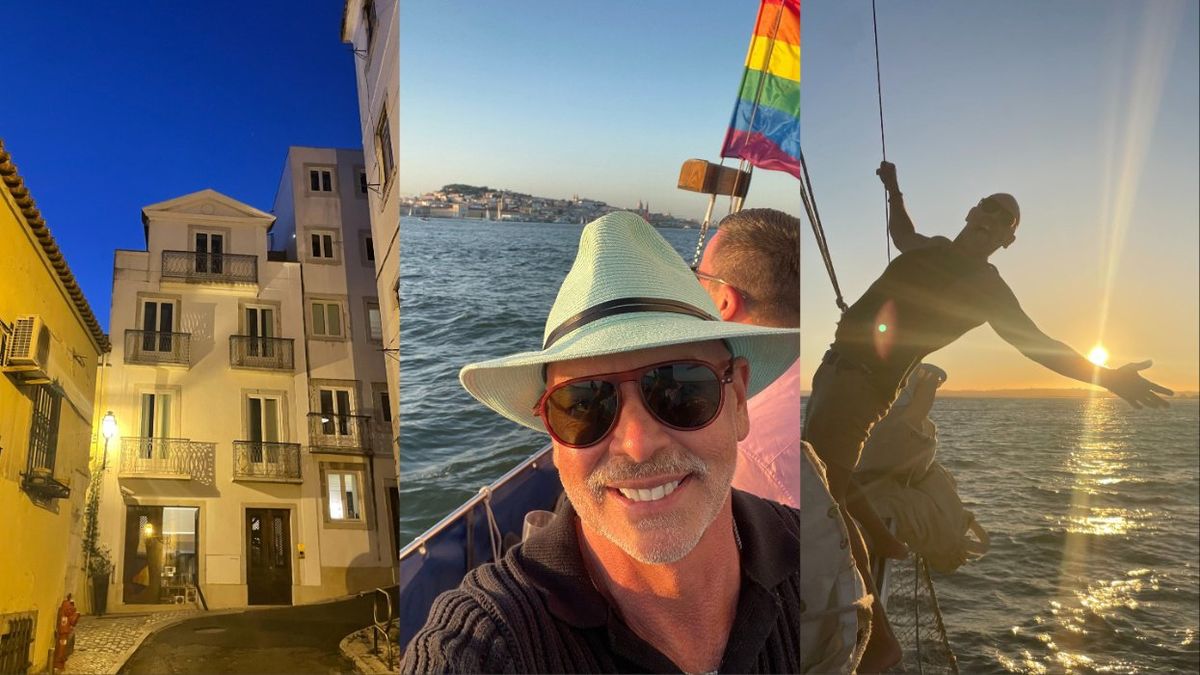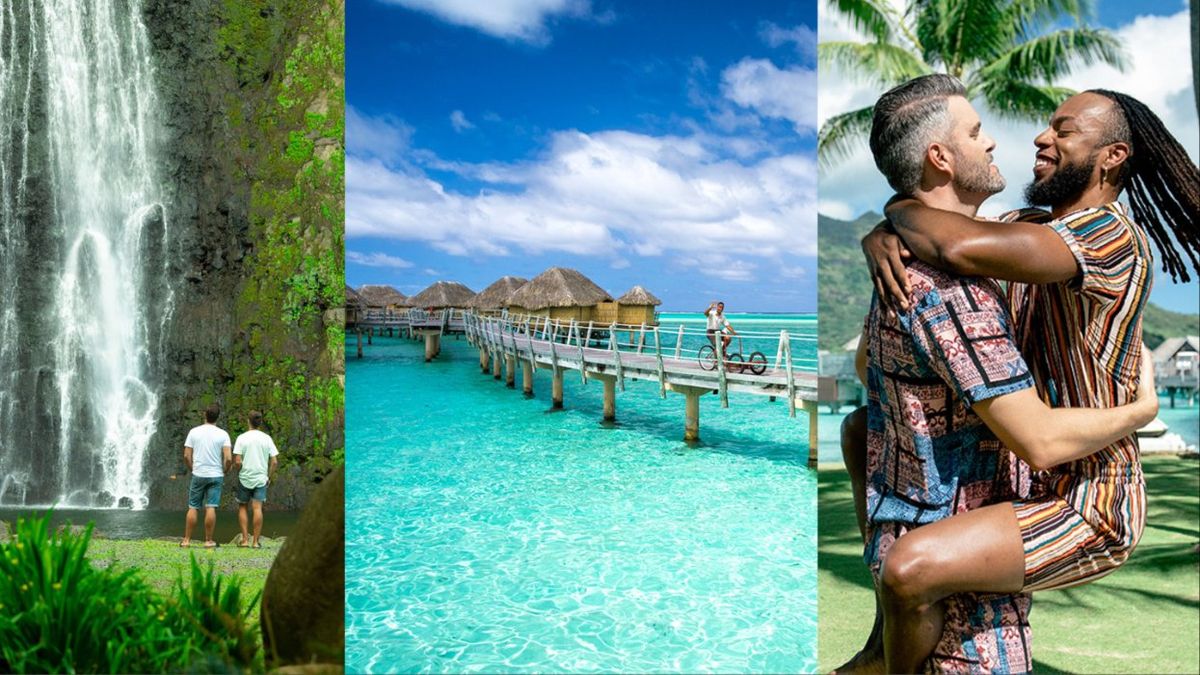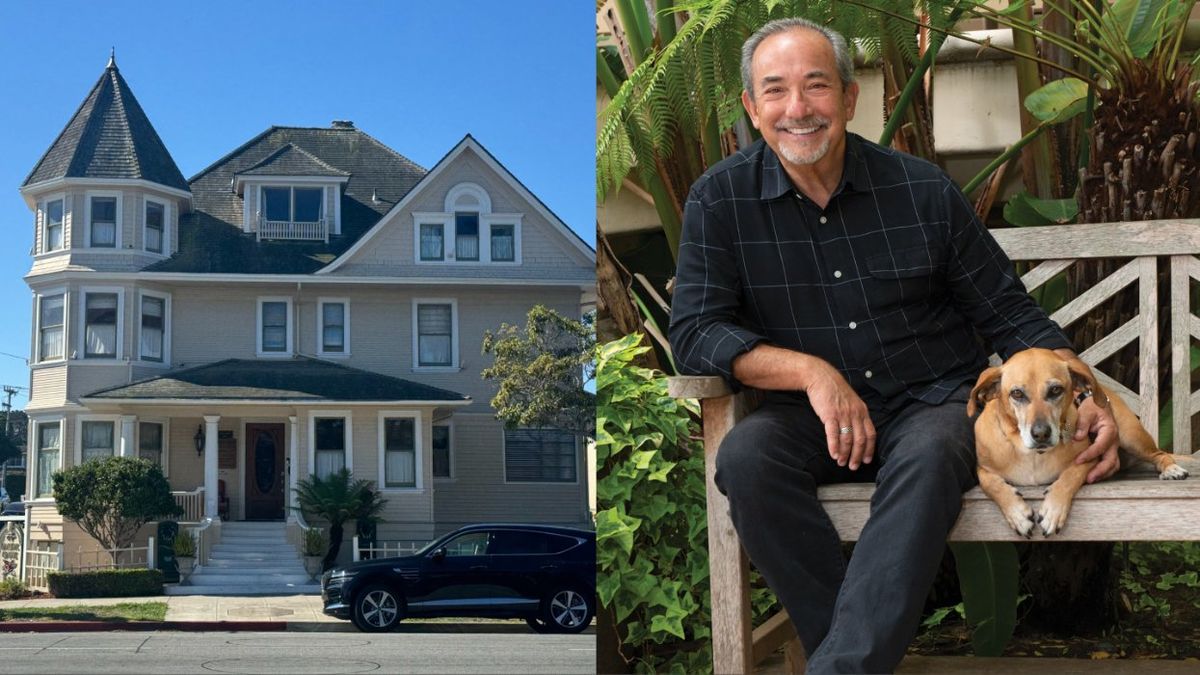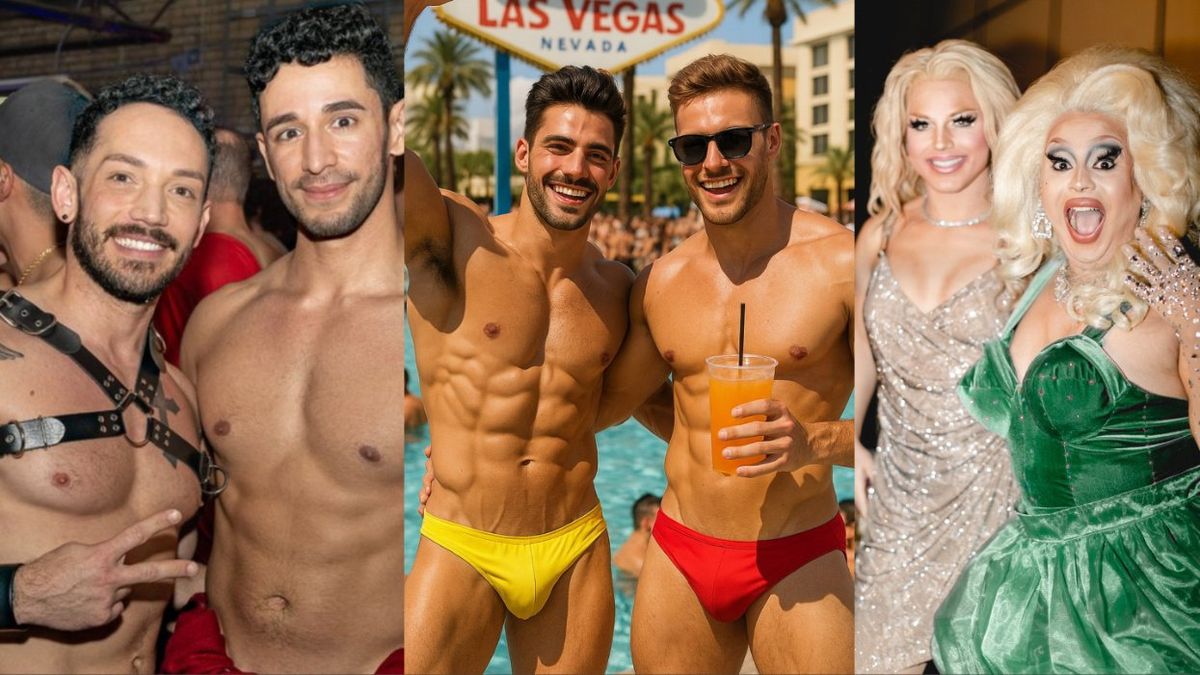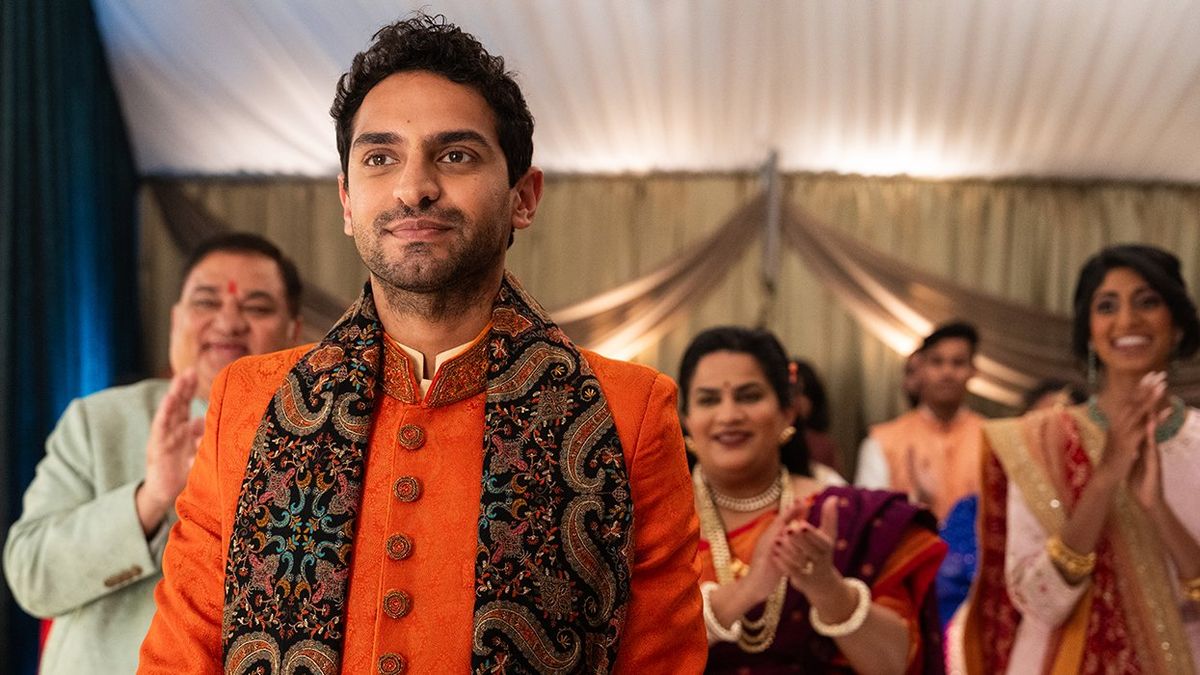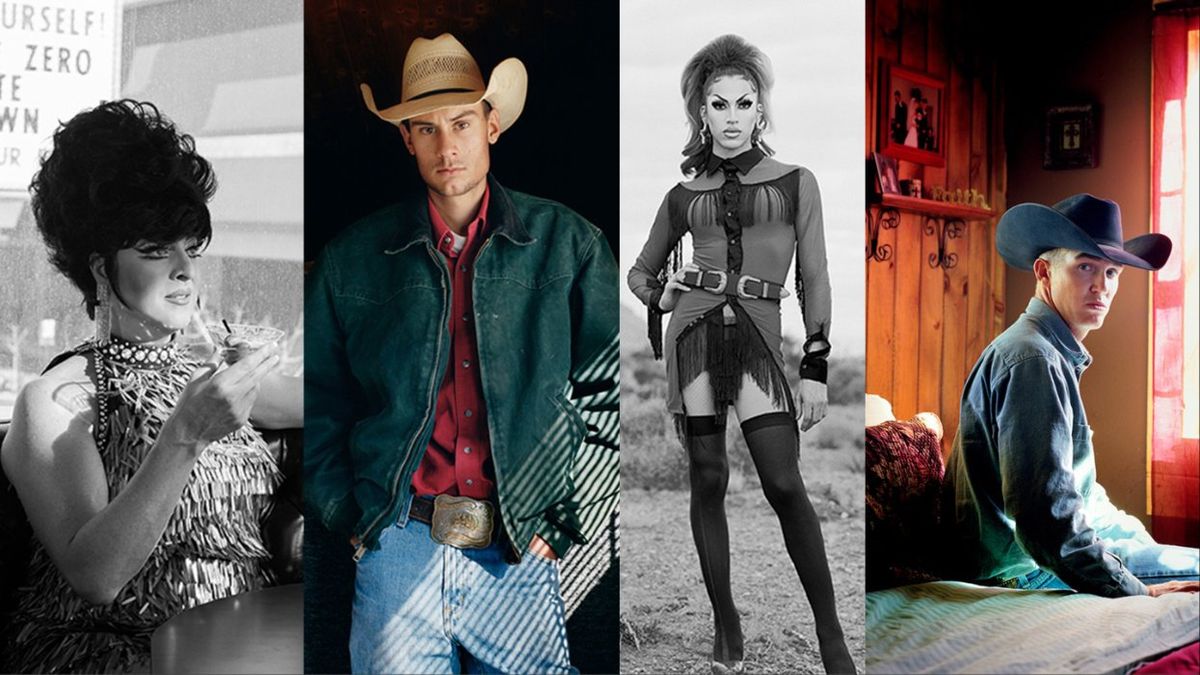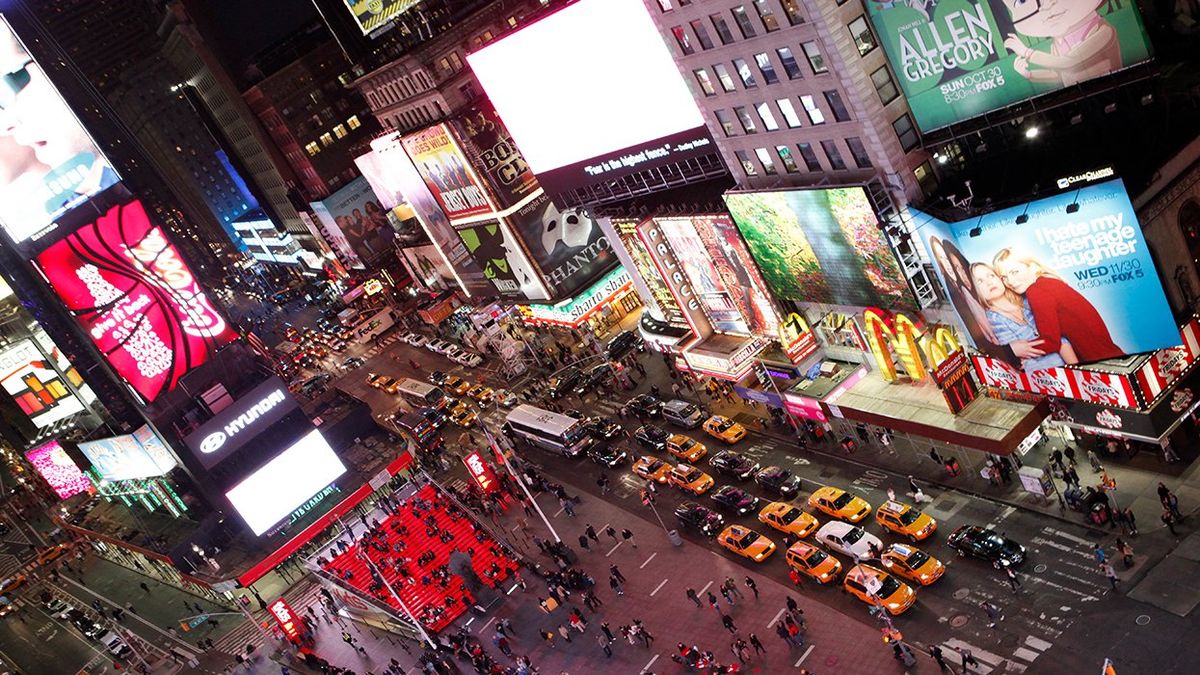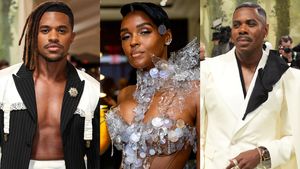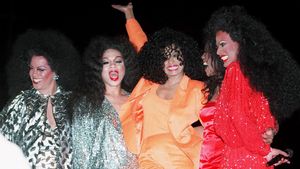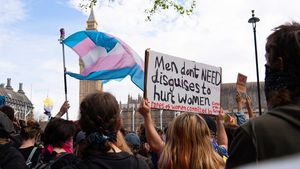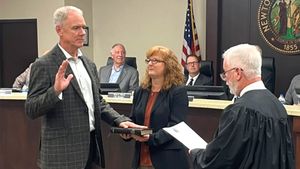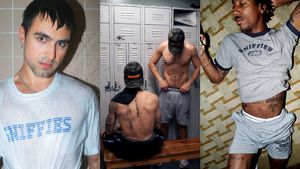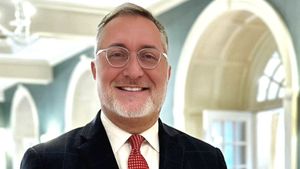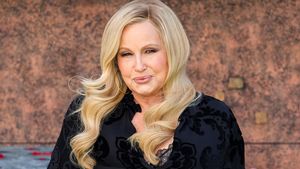This piece initially ran on Advocate.com, read the original here.
The White Lotus, writer-director Mike White’s (Enlightened) just-concluded Hawaiian resort-set series on HBO, is an idiosyncratic skewering of American privilege and entitlement, and ditto on white upper-class vacationers. I’ve seen all six episodes of this miniseries, and one could easily interrogate the cluelessness of the vacationers: They’re all pretty good targets. For example, one of them is the trust-fund bro type Shane (Jake Lacy), who is on his honeymoon and whose “mommy” (Molly Shannon) comes to visit to sort out a petty room change war. They’re joined by Shane’s “trophy wife,” Rachel (Alexandra Daddario), the grieving and neurotic heiress Tanya (Jennifer Coolidge, finally getting her due), and the Mossbacher family: tech CEO Nicole (Connie Britton), her husband, Mark (Steve Zahn), and their children, Quinn (Fred Hechinger) and Olivia (Euphoria’s Sydney Sweeney), who brings along a “friend,” Paula (Brittany O’Grady).
What’s more challenging is interrogating the queer character at the center of the series, Armond (played with delicious fervor by Looking’s Murray Bartlett), who is manager of the White Lotus, one in a chain of exclusive resorts. His privilege and entitlement don’t appear at first glance because of all the other characters, and because he serves them, but as the narrative unfolds, Armond spirals because he isn’t privileged, yet feels he deserves to be. Especially in what is now considered an iconic queer scene, Armond uses his privilege to get what he believes he deserves (which is tossing Lukas Gage’s salad).
When we first meet the new batch of vacationers, Armond is in full hospitality mode, advising his new trainee to become an indistinguishable helper, because as he says, they are “asked to disappear behind their masks.” Armond at first acts like a customer service automaton, going through the motions of appeasing as many guests as possible. It’s not until his trainee goes into labor that Armond begins to question his place in the world. And here’s a hint: He doesn’t like where he’s at.
Armond, a recovering addict who knows his way around uppers and downers, starts to push the boundaries between himself and the guests while intoxicated. He engages in a war with Shane and comes on to a practically blacked-out Mark. Armond’s removal of his service-oriented mask reaches a boiling point when he propositions his subordinate Dillon (Gage) to join him in a drug-filled party that includes the aforementioned salad-tossing.
At first, one could be sympathetic to Armond. Anyone who works in the service industry can relate to dealing with entitled customers. But White is clever to scrutinize Armond’s privilege along with that of the wealthy guests. It’s easy to imagine Armond expecting more from his life, and he believes he should be able to enjoy what his guests take for granted. He wants to be one of them, regardless of how often he expresses his disgust toward them. But he can’t have that. He’s relegated to his lower-class service role, so he acts out. He believes he’s owed and he finds his own ways to get what he wants.
That brings us to the turning point with Armond. As soon as he decides he’s going to have Dillon, he doesn’t stop until he has him. And what results in the most talked-about scene of the series happens to be a moment that reveals Armond to be just as reprehensible as his guests. He uses the privilege he believes he doesn’t have as a manager to influence his subordinate into a compromising position because he believes he’s entitled to Dillon. And unfortunately, that’s the same attitude a lot of white cisgender gay men have.
Historically, when we look at how the LGBTQIA+ community interacts with itself, there’s a clear dichotomy to who is “superior.” White cis gay men have always been elevated to a higher status than other members of their community because they’re the most accepted and privileged in society. They move further away from their community because they don’t see themselves as a part of it, but more so a part of an elite society that offers them what they want. Only when they’re confronted with their privilege, they claim they identify with the LGBTQIA+ community, implying that their privilege is less powerful than that of white cis straight men.
(Spoiler alerts ahead.)
Mike White isn’t afraid to hold back in his skewering of white cis gay men or the other privileged characters. By the end of the series, after six episodes of cringe-inducing scenes meant to teach its vacationers how good they actually have it, they depart the same as they had arrived: clutching their power and washing their hands of the chaos their privilege brings. But in the final episode “Departures,” not all characters leave the island in better shape. The big mystery of the series — “Who is the body in the coffin?” — ends up being the greatest critique of privilege. Those who try to rise above and take what they believe is entitled to them — well, they end up with a knife in their chest. Armond, the man whose last act of defiance to those he believes have taken what is so rightfully his, defecates in his adversary’s suitcase, which happens to be his greatest downfall. And the price he paid was his life. As Whitney Houston croons, it’s not right, but it’s OK (and painfully realistic).
The ending of The White Lotus doesn’t come across as sweet as the eponymous flower; it’s bitter and painful. Would it have been more blissful if Armond had defiantly left his job behind? Or what if Belinda (Natasha Rothwell) was actually given an opportunity to rise above being an overexerted and emotionally drained spa manager? What if the Mossbachers, Tanya, and both Shane and Rachel had actually learned from their ignorant, selfish, and privileged actions? The blessing and curse of this series is that it isn’t didactic to the point that it forsakes reality. Unfortunately, we still live in a world where these flawed characters represent those who always win. Although a “happier” ending would force these characters to pay for their behavior, to them, they are the heroes of their own stories, and Mike White understands that. Perhaps if we, particularly the LGBTQIA+ community, actually looked inward to our unadulterated use of privilege and entitlement we would see that we’re not so different from the characters from The White Lotus. It may be uncomfortable, but there’s more of Armond in us than we’d like to admit.
In the penultimate episode of the series, “The Lotus-Eaters,” Armond remarks to Belinda that he gets disgusted watching his guests eat dinner, calling them “lotus-eaters.” Any fan of Greek mythology would know that the lotus-eaters were a lesson on the blissful apathy and gluttony that plague humankind. But what the self-righteous Armond would never admit is that he wishes he could join them, eating lotuses without a care in the world.
Nic Austin is a New York University cinema studies graduate whose writing focuses on LGBTQIA+ entertainment and news. Follow him on Twitter @NicAustinQueerQ and @QueerQueue.

















